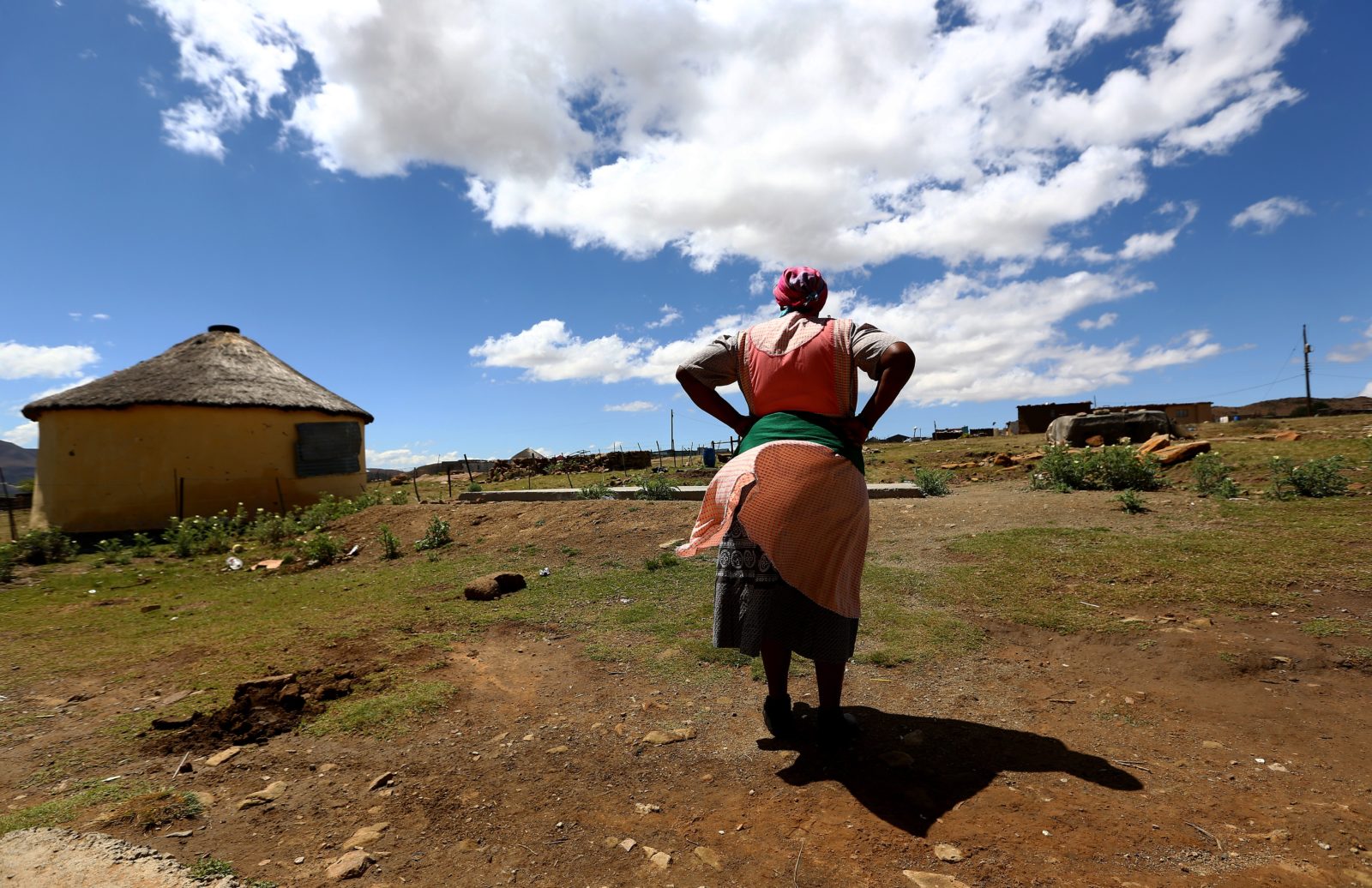
Equality is a foreign and contentious social ideal, particularly in the African traditional sense, which has often been governed by patriarchy. People that are equally positioned in relevant ways should be viewed similarly, according to the principle of equity.
Formal and substantive equality are the two basic types of equality. Formal equality refers to the treatment of all people in the same way. To put it another way, the law must treat people in similar situations equally.
To achieve substantive equality, the law must ensure equal outcomes and be willing to tolerate disparities in treatment.
In President of South Africa v Hugo, the court held that:
Equality does not imply the same treatment in all circumstances; rather, it frequently entails treating people differently as a positive measure to correct past inequalities. The court also held that amnesty of mothers in prison on May 10, 1994 was constitutional and did not represent unfair discrimination on the basis of gender, despite the fact that fathers were not granted the same privilege.
In this context, achieving gender equality necessitates feasible short-term solutions that take into account their gender specific conditions.
In a free and democratic society, the right to equality is one of the most valuable rights. Because of our history of inequality and harmful discrimination on the basis of race and gender, it is especially important in South Africa. The South African Constitution validates gender equality, further prohibits discrimination based on sex, gender, or race, and acknowledges equality as a legal foundation. As a result, all men and women have equal rights to marry and divorce. Ukuthwala, on the other hand, is inherently targeted at young women and girls, rather than young men and boys. The practice of ukuthwala is considered discriminatory on the basis of sex and gender in this context. It is asserted that this is an example of patriarchy at its best within the cultural practices of customary law.
The principle of non-discrimination enshrined in section 9 (3) of the Constitution prohibits both direct and indirect forms of discrimination.
The non-discrimination principle of the Constitution is reaffirmed in the preamble of the Constitution of the Republic of South Africa as a foundation for a democratic and open society in which government is based on the will of the people and every citizen is equally protected by the law. The ukuthwala custom, it is argued, is a form of discrimination based on prohibited grounds of sex and gender discrimination. It is thus unjust discrimination because it burdens victims by infringing on their rights to dignity, reproductive health, personal freedom and security, education, and the right to choose a partner, as well as failing to consider the best interests of the child.
In Harksen v Lane NO The court established some guidelines for determining what constitutes unjust discrimination. The impact on the complainant is the deciding factor in determining whether or not something is unfair.
The victims in the cases examined in some areas had endured untold suffering; some had become mothers before their time, some had been infected with HIV, and others had to drop out of school early, denying them a future.














[…] S v Makwanyane, Chaskalson CJ echoed the above statement, saying, “The right to life and independence is the most essential of all human rights, and the basis of all o…” We must respect these two rights over all else if we are to live in a world based on the […]